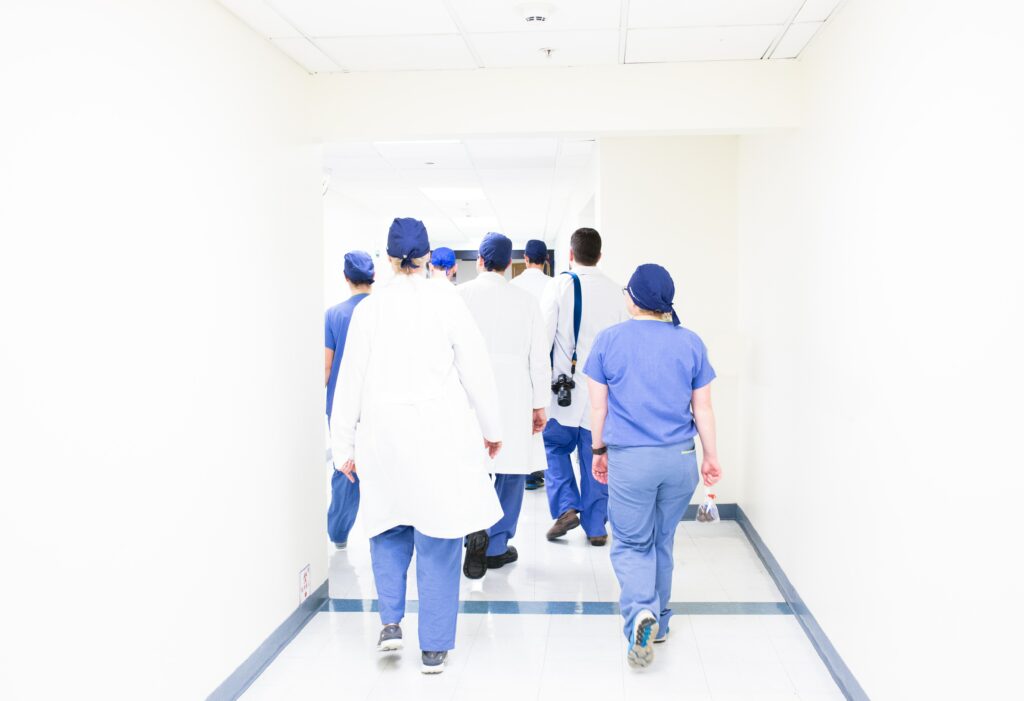As stated by the NHS and the BMA, COVID-19 represents the greatest challenge the NHS has faced since its creation. During this crisis, it is inevitable that professionals in this sector will have to work harder and longer hours, and many could even be asked to assist in areas they do not generally practice to cope with the influx of ill patients.
When professionals are required to work in extraordinary circumstances, should regulators adapt their practices to account for the unique pressures the professionals face? Further, how do the regulators ensure that they continue to be fair, whilst still maintaining the public’s trust and confidence?
At the beginning of March, many regulators in the health and care sectors released a joint statement addressing how they will continue to regulate during this crisis.
In the statement the regulators “recognise that in highly challenging circumstances, professionals may need to depart from established procedures in order to care for patients and people using health and social care services”. The regulatory standards are flexible and “provide a framework for decision-making in a wide range of situations”.
The regulators acknowledge that practitioners “may feel anxious about how context is taken into account when concerns are raised about their decisions and actions in very challenging circumstances”. Within the statement the regulators try to allay these concerns by stating that complaints will always be considered on the specific facts of the case, taking into account relevant factors including working environment, resources, guidelines and protocols in place at the time of an incident.
Within the statement, the regulators also outline the key principles professionals are expected to follow, one of them being recognising and working within the limits of their competence. However, as the regulators acknowledge, health and care professionals may be required to assist with tasks outside of their normal duties. Under the strain of the crisis, situations may arise where it becomes more difficult for professionals to not fall foul of this key principle.
In guidance for doctors issued on their website, the GMC states the following:
“Doctors need to feel confident that they will not be subject to unreasonable criticism by the GMC, or have their registration removed or restricted, because of the difficult decisions they are forced to make, or the standards of care they are able to provide during a pandemic. In considering any complaint made about a doctor working during a pandemic, the GMC will take into account the resources available to the doctor, the problems of working in unfamiliar areas of practice and the stress and tiredness that may affect judgment or behaviour. The primary requirement for all doctors is to respond responsibly and reasonably to the circumstances they face.”
In the guidance the GMC also suggest that, where doctors have to prioritise access to treatment between numerous patients with life-threatening decisions, they should record their decisions and their reasons.
In this time of crisis, when the health and care services are likely to become increasingly overwhelmed, it is important that registrants are provided with clarity to allow them to continue to operate to the best of their ability.
